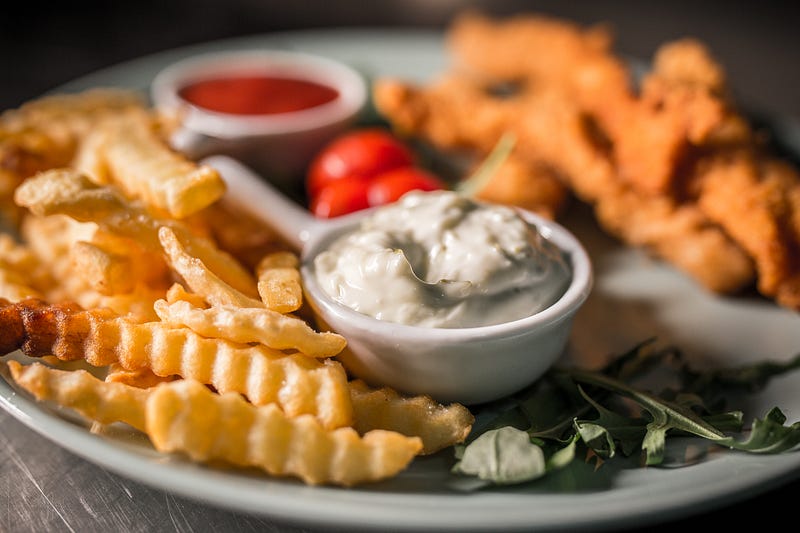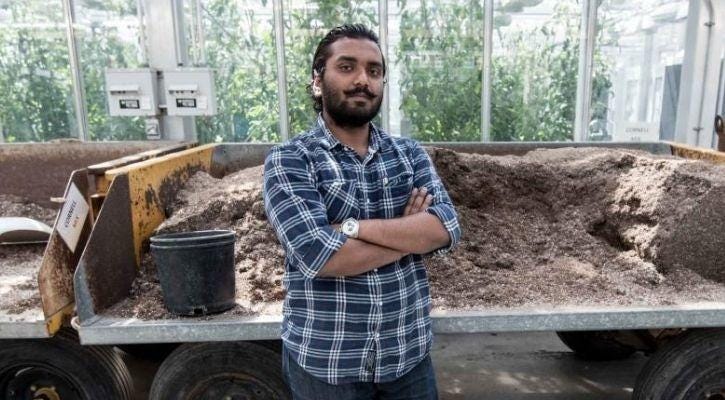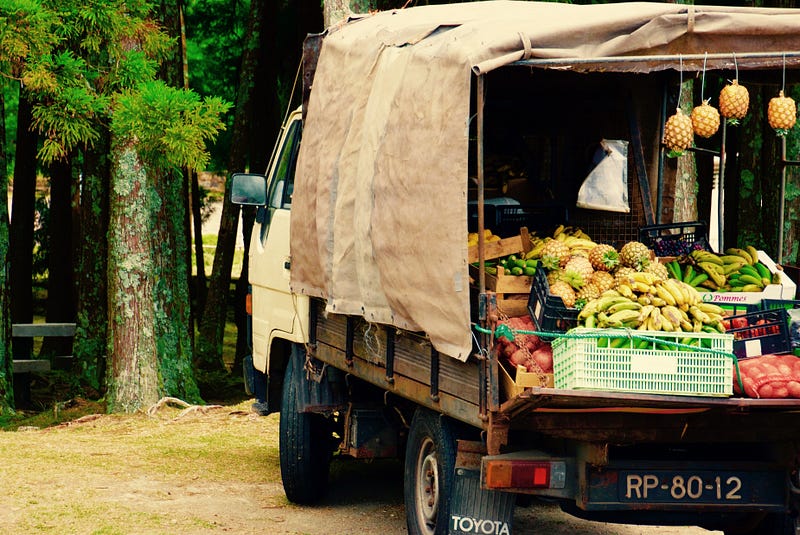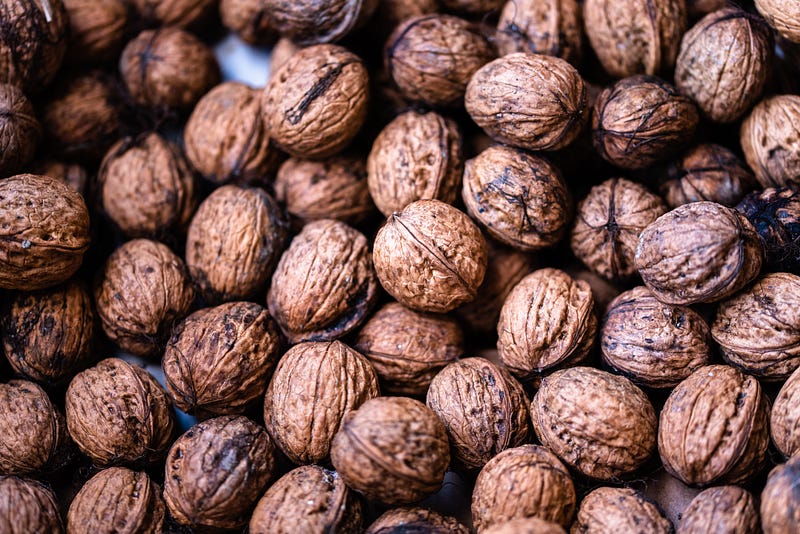Innovative Food Preservation: A Game Changer for Global Food Security
Written on
Chapter 1: The Rise of Farther Farms
In Rochester, New York, a pioneering food technology startup is making waves with its groundbreaking method of preserving perishable foods for months without refrigeration. This innovative approach not only prevents spoilage but also eliminates the need for artificial preservatives.

Farther Farms, the startup in question, aims to create shelf-stable food products that remain commercially viable without the reliance on freezing or refrigeration. Their technology was developed at Cornell University, a renowned institution for food science based in Ithaca, New York, and has garnered attention from notable investors and advisors, including SpaceX and Shake Shack.
The co-founder, Vipul Saran, who comes from a farming background in India, was a graduate student at Cornell when he recognized the challenges and costs associated with agricultural products, such as potatoes. His experiences fueled his desire to innovate.

Vipul explained to reporters, "The primary objective was to explore cutting-edge food processing technologies that could help us create value-added products from perishables, minimizing our dependency on refrigeration and freezing."
With millions of tons of food waste generated globally, this technology could revolutionize agricultural practices in both developed and developing nations. For instance, the costs associated with refrigerated shipping containers can be substantial, particularly over long distances. By increasing the longevity of food storage, this innovation not only enhances accessibility but also remains economically beneficial for suppliers.

When addressing food shortages, allocating more farmland for high-demand fruits and vegetables can be challenging. While these items are nutritionally superior, they are prone to rapid spoilage. In contrast, grains, though less nutritious, tend to have a longer shelf life and are more widely available.
According to the US Department of Agriculture, approximately 30-40% of the food supply is wasted, costing around $161 billion annually, largely due to spoilage.

Food spoilage occurs for a variety of reasons, including damage during drying, transportation, processing, and storage, as well as issues like over-ordering and processing errors.
Farther Farms has already introduced a fresh-cut French fry product that is never frozen and always ready to cook. This sustainable option requires no artificial preservatives and does not rely on refrigeration, signaling a promising future for the company.
Their innovative food pasteurization technology paves the way for a market of preservative-free, refrigeration-free foods, benefiting not only businesses and farmers but also consumers.
In the words of co-founder and CEO Mike Annunziata, "Food processing technologies have the power to transform the food system, yet we have not had a system-level breakthrough since Clarence Birdseye first invented freezing technology in the 1920s. Our CO2-based technology has the potential to change that."
As restaurants and food-related industries adopt these cost-effective solutions, they can save money and utilize space more efficiently, allowing for higher-quality food production.
Ultimately, this technology presents a win-win scenario for all involved. It's remarkable to see an ambitious tech startup from the United States spearheading such a transformative initiative. The future will reveal whether this innovation positively impacts consumers, farmers, supply chain participants, and the planet as a whole.
Chapter 2: Sustainable Practices in the Food Industry
This video explores the only single-use plastic-free health food shop in NYC, highlighting sustainable practices in the food industry.
In this video, a top NYC chef discusses sustainability in food, offering insights into how the culinary world can embrace eco-friendly practices.